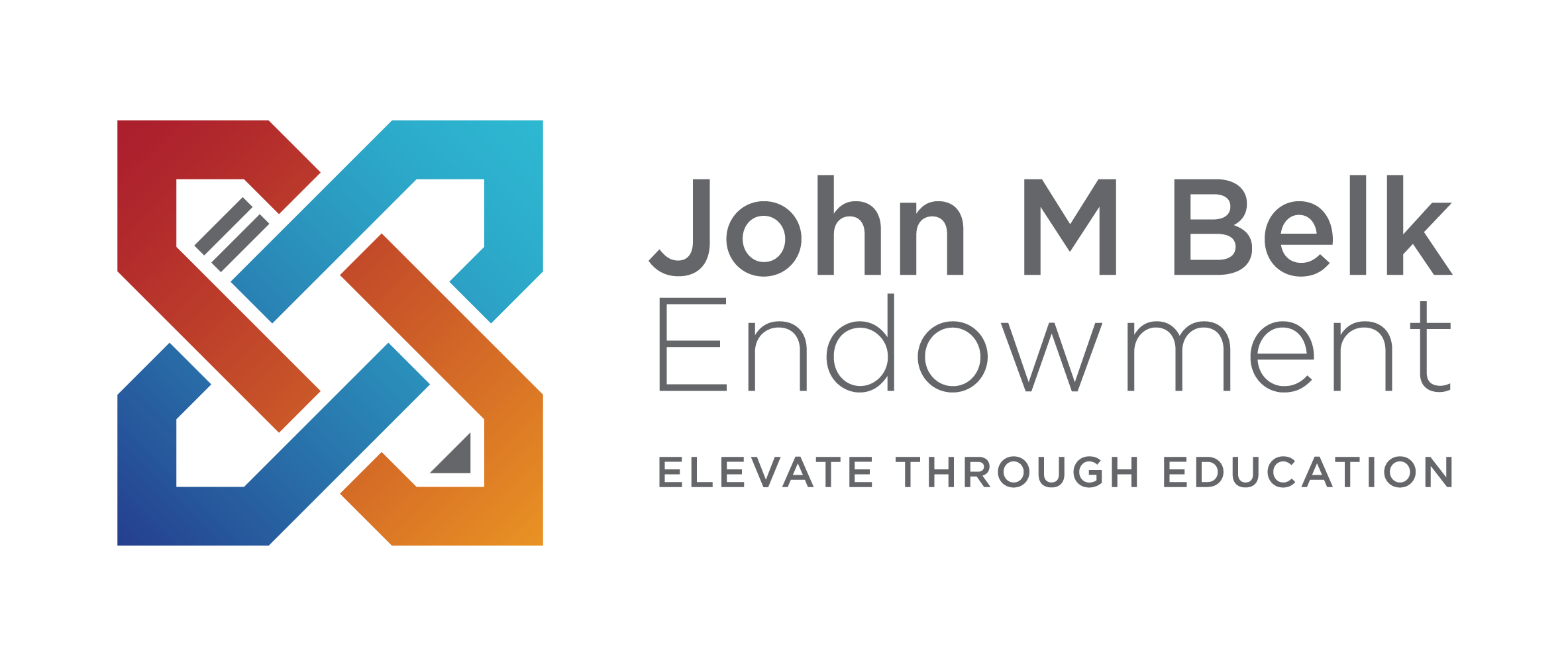The COVID-19 pandemic shows signs of abating in the United States, but other crises remain. Youth unemployment remains nearly double the overall unemployment rate (March 2021 11.1% vs. the overall rate of 6%), and the triple pandemic has had devastating effects on the mental health of young people (and the adults who work with them).
Today NYEC is releasing a report that details how several youth workforce agencies approached integrating three approaches that are informed by the science of adolescent brain development: executive skill development (ES), positive youth development (PYD), and trauma-informed care (TIC), collectively referred to as EPT approaches. These approaches are defined as EPT:
- Executive function skills are “the mental processes that enable us to plan, focus attention, remember instructions, and juggle multiple tasks successfully.”
- Positive Youth Development is an intentional pro-social approach that engages youth within their communities in a manner that recognizes a youth’s strengths and provide opportunities to foster positive relationships and stronger leadership skills.
- Trauma-informed care is a service delivery approach “that is grounded in an understanding of and responsiveness to the impact of trauma, ultimately creating opportunities for survivors to rebuild a sense of control and empowerment.
The Translating Adolescent Brain Science (TABS) project engaged six community-based organizations (CBOs) in Indianapolis and Phoenix. Intermediaries in each city – EmployIndy and Opportunities for Youth, respectively – supported their work. Pathways Consultants provided access to coaches for staff of each organization. The project began in early March 2020, at the beginning of the pandemic, and coincided with the protests around police violence in the summer 2020.
EPT approaches resulted in a variety of changes to programming. At Keys to Work in Indianapolis, staff worked with youth on executive skills assessments. These helped them explore their strengths and struggles, which in turn helped them build confidence in succeeding in areas that previously caused them doubt, such as education courses. Unexpected outcomes emerged when Opportunities for Youth, the Phoenix intermediary, used positive youth development techniques to task youth with designing their own convening. As a result, rather than workforce programming or educational disruptions, the convening focused on timely issues of mental health and suicide prevention. The Community Alliance of the Far East Side, in Indianapolis, organized virtual events with youth and community police officers to help the youth reclaim their power and understand their traumatic challenges from the personal to the systemic.
The TABS Project highlighted several areas for further work in translating adolescent brain science to practice:
- Providing CBOs with the capacity needed to reorient their cultures around EPT approaches.
- Deepening documentation of best practices in the workforce development context, especially for trauma-informed care and executive skills.
- Beginning to identify metrics or ways of measuring the infusion and impact of these practices.
- Enabling system-wide adoption of EPT approaches, with attendant trainings, learning communities.
- Exploring each approach and how it might be incorporated at different ages for youth and young adults, and work to make the tools relevant to those ages.
The TABS Project offered organizations a new lens on youth development, as well as a set of tools to support youth towards employment and education. Applying the lessons of this project, youth and young adult workforce organizations have the opportunity to improve education and employment outcomes by aligning their practice with what we know of adolescent brain development. We invite other communities to join the journey.
https://nyec.org/wp-content/uploads/2021/04/TABS-Final-Report.pdf







